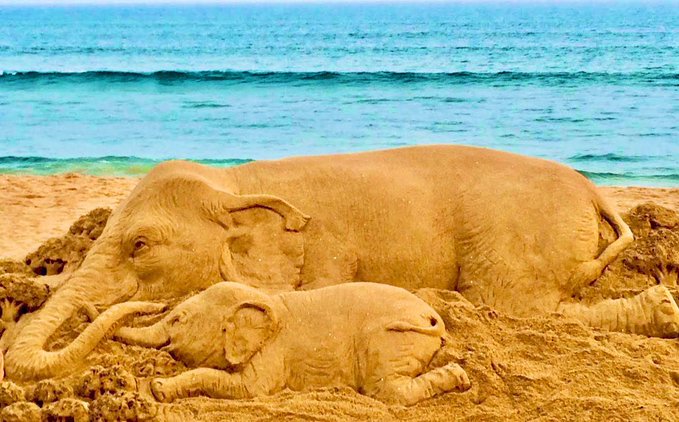
The data collected by the National Commission for Safai Karamcharis(NCSK) reveals that more than 50 people have died while cleaning sewers from January to June, 2019 in different parts of the country.
The report regarding this issue which had first been published in The Indian Express tells us that this number is likely to be an underestimation because it only takes into account the deaths that had been reported and that too from only select states such as Uttar Pradesh, Haryana, Delhi, Punjab, Maharashtra, Karnataka and Tamil Nadu out of the 36 states and Union Territories comprising India.
The fact remains that even when there is an attempt to collate data on the number of people who have died cleaning sewers in Indi, it may be impossible to get the exact numbers because most of these deaths either go undocumented or unreported. Many times, the deaths of sewer workers are not confirmed by the state and this leads to their not being recorded by the NCSK.
It is to be acknowledged that the NCSK is a body that was formed by a parliamentary act and is responsible for collating data of people who have died due to manual scavenging.
It is ironic that manual scavenging was legally abolished as early as 1993 but the NCSK has estimated that more than 817 people have died due to it since its abolishment.
It was in March 2017, that the Supreme Court had ordered the government to take out data on people who had died cleaning sewers since 1993 and to offer their families a compensation of Rs 10 lakh each.
The NCSK submitted an annual report to the parliament where it reasserted the fact that under the government’s flagship program ‘Swachh Abhiyan’ it was not just important to build more and more toilets in the country but it was also needed that a complete eradication of manual scavenging be implemented and manual scavengers be rehabilitated.
The report says that despite a legal ban, the practice continued. The official estimates would tell us that Tamil Nadu has recorded 210 deaths, Gujarat has recorded 156, UP has recorded 77 and Haryana has recorded 70 deaths.
While Tamil Nadu has made sure that mandatory compensation has been in 75% of the cases, Gujarat has fulfilled the obligation is less than 30% of the cases.
In oder to deal with this ongoing problem, the Chairperson Zala of NCSK suggests that the Prohibition of Employment of Manual Scavengers and Their Rehabilitation Act, 2013 should be amended and their principal employers such as the state government agencies and urban bodies that are responsible for their deaths along with their contractors who are lacking in ensuring even the basic standards be severely punished.
Moreover, there is also a need for municipalities to bring in technology for mechanised cleaning of sewers so that nobody needs to enter sewers in the first place.
The NCSK estimated that on an average one person dies every five days in India because of entering sewers or septic tanks. While manual scavenging has been outlawed, India holds a record of employing at least 12,742 manual scavengers across a little more than ten states alone.
The Census of India calculated that there were around 740,078 homes in India where human excreta continued to be removed by people specifically employed for the purpose. Moreover, even now on railway platforms, sewers and septic tanks- people are engaged in cleaning human excreta solely with their own hands.
It is indeed a paradox that despite being abolished, such a deeply exploitative and inhuman practice continues to have its hold on the Indian society.
Dalits are the worst hit under this discriminatory and unjust regime.
While mechanisation of cleaning accompanied by successful rehabilitation initiatives by the state may be crucial steps, what we also need today is widespread awareness and sustained public movement to eradicate manual scavenging from India.













